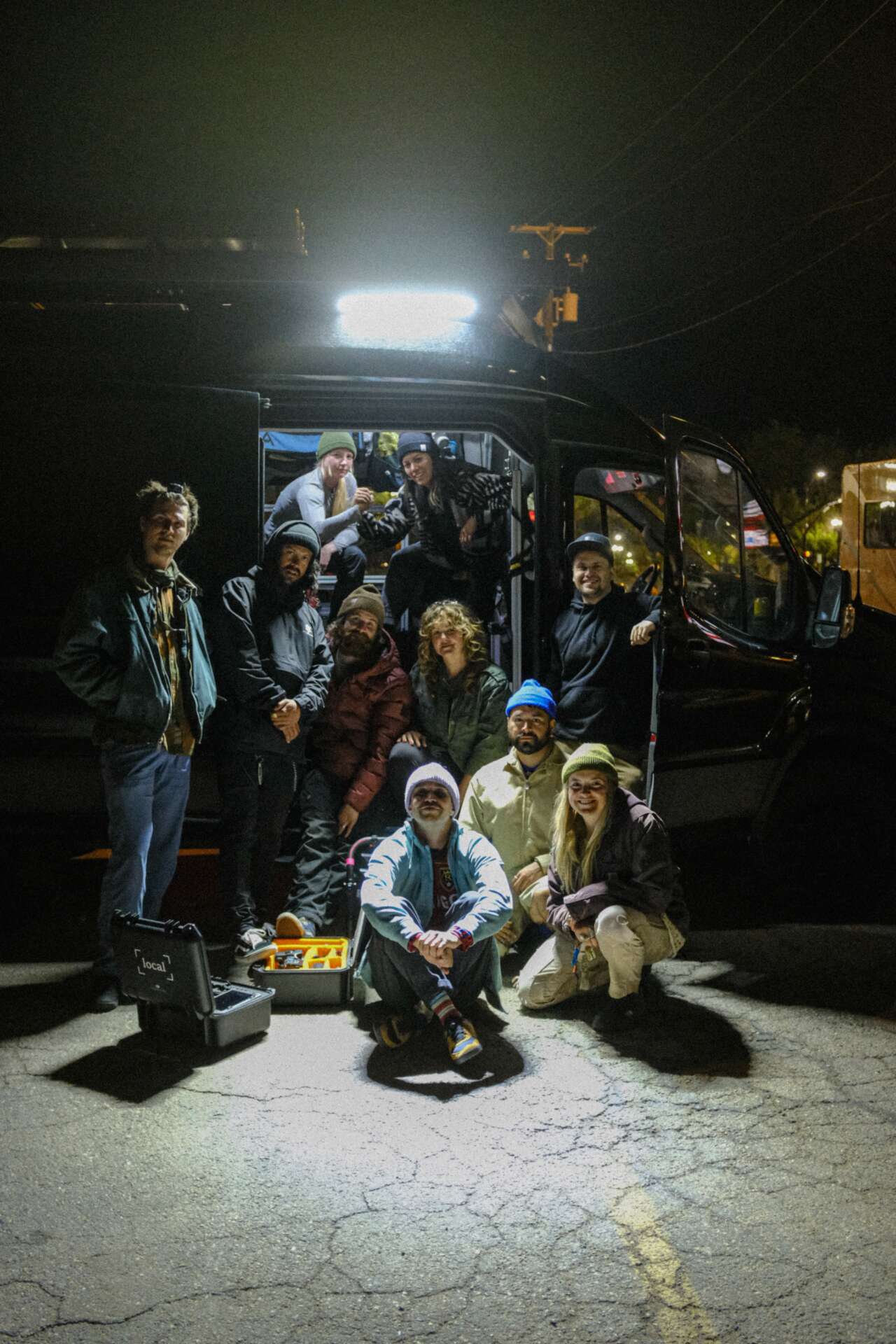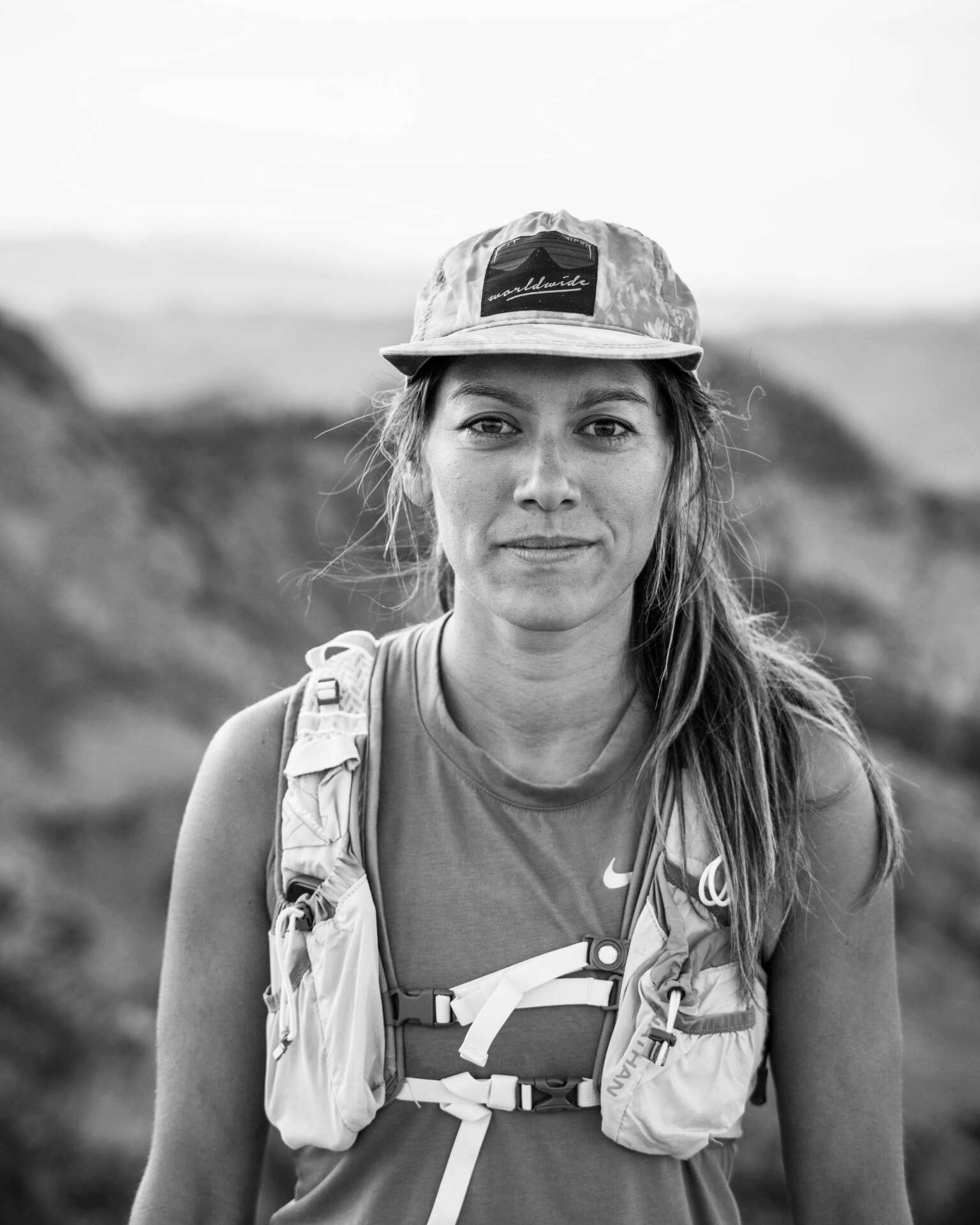We were lucky to catch up with Shandi Kano recently and have shared our conversation below.
Shandi, appreciate you joining us today. What do you think it takes to be successful?
I think to be successful you first define success for yourself. If we’re honest about what we want out of our lives and careers, that definition and trajectory is going to look different for everyone and I think each of us has to come back to that idea as we move on our paths. As humans I think we’re all influenced and inspired by one another, and I think that’s in large part the point of life, but it doesn’t mean that what someone else is doing is what is best for you.
I’ve always had a really hard time being told what to do haha. So for me, I think my viewpoint on this comes from doing what feels best to me. My body or my brain will fight me really hard if I’m doing something that isn’t aligned with what is best for me and I’m lucky to have that sort of internal compass. If I don’t listen, things go south for me mentally, emotionally, and physically really quickly.
If I get anxious or panicky or stressed, my touchstone is to find time to come back to myself and listen and then move forward once I’m back in stride with my head and heart.
In short, I don’t define success by another person’s metrics or life decisions. I have to do it the way that works for me or I pay a price.


Awesome – so before we get into the rest of our questions, can you briefly introduce yourself to our readers.
Sure thing. I’m a Freelance Creative Producer of film and commercial content. I started out at ESPN as a PA for the .com sites and eventually moved into production for ESPN.com and Xgames.com. I left what I thought was the ultimate pinnacle of success – working for ESPN – after a nervous breakdown in 2013. Closely tied to the bombing at the 2013 Boston Marathon, I experienced a total collapse from following the path of a life I didn’t actually want. To be clear, I really thought the life I was living was ‘it.’ I was all-in and had committed to being there and developing a career at ESPN long term.
I was a bit forced to re-build after that, but its the main experience that shifted my mindset to a place where I understood that there was a difference between what I thought I wanted and what I actually wanted.
A year later, I had moved back to Utah (where I went to school) and freelance was my way of tip-toeing back into work while I healed. Ten years later, I’m blown away and proud at how well it has stuck.
Shifting from a mostly a journalistic approach to production into what I do now in the commercial space was a bit of a shock, but I was able to bring a lot of process and organization with me that’s been really beneficial.
What are my services? As a Creative Producer, I’m the through-line for all the moving pieces of a production. I help translate what the client is asking for into a conceivable reality. Then I bring the team together to fulfill it. It’s every thing from big picture client management, creative processes and scheduling, vendor management, team and crew management, to the nitty gritty of paperwork and legal copyrights, where are people going to park and load in, is there a bathroom, does someone on your team have a food allergy we need to know about. It’s a large breadth. The steps are always the same but the teams are built specific to each ask and I just love being able to pull it all together.
As far as having a specialty, as a producer, that is my specialty, if that makes sense. But I think in a bigger picture sense, I would name outdoor work and human-centric storytelling as my specialty. I work primarily with teams that produce branded content focused on human connection. That said, a high-end commercial client with all the asks really gets me fired up, too. And a lot of times, the production workflow can benefit from being versed in both worlds.
Talking specific to the outdoor work we do, people are over glossy marketing. People want to find each other, to know each other, to connect. We feel that true brand loyalty comes from what we like to call, the slow burn, and so when we take on a job, we are acting on behalf of the client and we have to think like consumers. One of the best parts of this job is dipping your toes into a new world every time someone calls and having to become an expert in that world so you can properly translate it to an audience. It’s an honor, truly. And humbling to be trusted to do that.
I think what I’m most proud of is that I’m here and that I’m doing it and making a living for myself, my family and my community. I’m also proud to be in a position where I can help those who are trying to learn and come up in the industry. The Salt Lake creative community is, I think, one of the most unique in the world. I really believe we have earned a place on a production map – were there to be one haha. Being a right-to-work-state also creates a unique dynamic for us; we’re not beholden to certain formalities that can stifle growth or pit people against each other. And while we rely on union standards to inform our methods, we get to flex to take care of people or create safe budgets for rare situations.
Last, we are surrounded by world renowned recreational opportunities that have drawn so many creatives with a passion for the outdoors here. The brands and companies that brought the outdoors to a larger national audience have all had a moment in Salt Lake, and many of them are based here. As well, non-endemic brands also want their content captured in beautiful and rare locations. For all these reasons, our community here is tight knit. Not every DP is Avalanche certified and wants to carry a $50,000 camera up a snowy peak or jump off a cliff on skis with it. It’s takes a certain kind of production team to fulfill a lot of our asks and so because of that, we’re tight here, supportive of one another and happy to connect and share.
If I had to name something that sets me, and my teams, apart, it’s an air of inclusion. You are welcome here, with us, you are a part of our family, you are apart of our team and we are going to take care of you.


What do you think is the goal or mission that drives your creative journey?
The goal or mission driving my creative journey is simply to be happy and healthy. So, the things I do in my career ladder up to that goal in some way ie: is the content impactful, will it make a difference and does it matter to me? If the answer is yes, it is contributing to my happiness and healthiness overall. I want to have a satisfied work life as much as I want to have a satisfied life life.
If the job doesn’t hit those targets, I ask, is the juice worth the squeeze and will I be able to balance the other things important to me besides work (exercise, time in nature, family and friends) and save some cash? Will I be able to grow, make progress on a certain skillset, employ my community, can I give experience to someone trying to grow who needs it. If so, then in many ways, it’s hitting those targets.


Is there a particular goal or mission driving your creative journey?
I’m choosing this question twice on purpose.
I grew up as a female athlete, competing through high school and eventually at the D1 level in college for a really dominate Track and Cross Country team. Obviously, time has passed, but I’ve recently been spending some time reflecting on those parts of my life. It’s not news, but it’s become more and more painfully apparent on a personal level, that athletics (and of course the world at large) were not designed for women. Not to get too far from my point here, but it’s been admittedly a little painful to think about what it would have been like to have coaches and peers who understood female bodies, what happens to us as we gain adolescence, the long term damage of eating disorders, motivation by fear or worse, threats, and ultimately how it impacts your mental health and perspective for the rest of your life.
I could go on, but my point is, the film industry is also largely dominated by men. In regards to athletics, by the time I was competing in high school it had been barely 20 years since the Title Nine legislation had past. So, massive gaps in understanding were, and still are, missing in how to bring out the best in female athletes. Suffice it to say, with the amount of men in film dramatically eclipsing women, part of my mission is leading my teams my own way, and not the standard ways that have always been done, with the goal of making my sets cohesive, balanced, where everyone matters and has a voice.
I work really hard to bring opportunity to other women and spend a good chunk of my time mentoring other women who want a place in this field. Much like athletics years ago, there’s no handbook specific to ‘how to be a women in film,’ but myself and several of my female peers dedicate real time and resources to changing this. I’ve had moments where I felt like my potential as an athlete was completely stifled by the ego of male coaches and the lack of knowledge and training from the female one’s too, unbeknownst to them. I don’t want that for the women around me. So while I work my a*s off to be good at what I do, I’m trying to bring others along with me.
For the record, I’m not saying, don’t work with men! The men I’ve worked with have been real nurturers to my career, hugely inspirational and important. Life long friends, even. But I do believe women need the chance to find their voice and then to use it, so they can inspire others, too. Someone gave those chances to me.


Contact Info:
- Website: https://www.shandikk.com/
- Instagram: https://www.instagram.com/shandikk/
- Linkedin: https://www.linkedin.com/in/shandikk/
Image Credits
Brooke Sweeney, Sean Slobodan, Chris Chrisenberry, Rachel Ross, Kylie Fly, Wasatch Mountain Film


